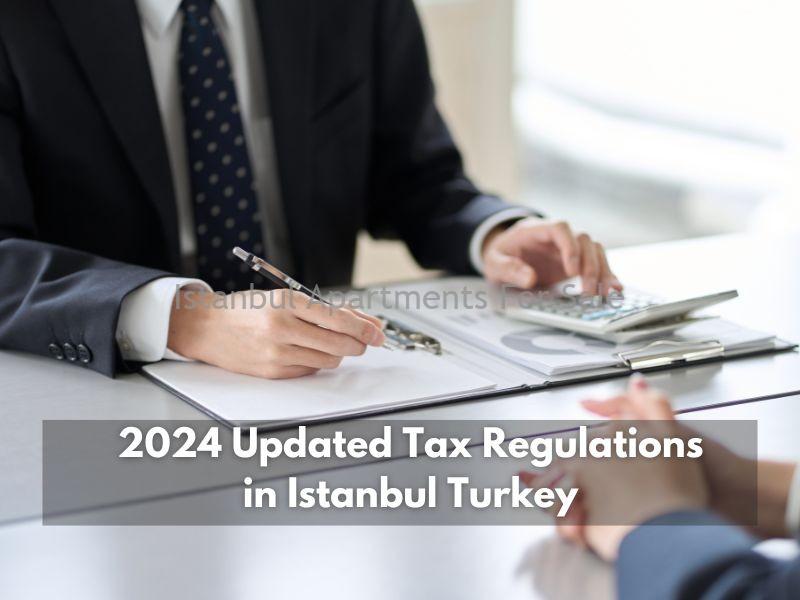Tax Regulations in Istanbul Turkey.Istanbul, a historic city brimming with commerce, attracts foreign investors with its prime location and booming economy. However, understanding the tax system in a new country can be confusing. This guide simplifies the key tax regulations for foreign businesses operating in Istanbul, Turkey.
Understanding Corporate Income Tax Regulations in Istanbul Turkey
The main corporate tax in Turkey is corporate income tax. This tax applies a standard rate of 20% to your business’s taxable profits, after deducting allowable expenses.
Tax Residency for Businesses
For tax purposes, your company’s residency is determined by its centre of administration. This usually refers to the location where key management decisions are made. If your company’s main decision-making hub is in Istanbul, you’ll be considered a resident taxpayer in Turkey.
Double Taxation Treaties: Avoiding Double Payment
Fortunately, Turkey has double taxation treaties with many countries. These agreements ensure businesses aren’t taxed on the same income in both Turkey and their home nation. This eliminates the risk of double taxation, a significant benefit for foreign investors in Istanbul.
Withholding Tax and Branch Profits Tax Regulations in Istanbul Turkey
Dividends distributed to foreign shareholders are subject to a 15% withholding tax. This rate might be lower depending on the double taxation treaty between Turkey and your home country.
For foreign companies operating through a branch office in Istanbul, a separate branch profits tax of 20% applies.
Understanding Value Added Tax (VAT)
The value added tax (VAT) is another crucial aspect of Turkish tax regulations. The standard VAT rate is 18%. However, specific goods and services may have a reduced VAT rate or even be exempt altogether. Understanding the specific VAT implications for your business sector is essential.
Tax Compliance: A Must
Foreign businesses must register for tax purposes and file tax returns regularly. Tax compliance is essential, as failing to comply can result in hefty penalties.
Beyond the Basics: Transfer Pricing and Thin Capitalization
Transactions between related parties are subject to transfer pricing rules. These regulations ensure fair pricing practices are followed, preventing the shifting of profits to lower-tax jurisdictions.
Thin capitalization rules aim to prevent excessive borrowing from related parties, a tactic sometimes used to reduce the corporate tax base in Turkey.
Seeking Professional Help For Tax Regulations in Istanbul Turkey
The complexities of Turkish tax regulations, along with international tax treaties, can be tricky to deal with alone. Consulting a qualified tax advisor familiar with both is highly recommended. They can provide tailored guidance on the specific requirements applicable to your business and ensure you remain tax compliant in Istanbul.
Embrace the Advantages
Despite the initial confusion, establishing a foreign business in Istanbul offers several tax benefits:
- A competitive 20% corporate income tax rate
- An extensive network of double taxation treaties, minimizing the risk of double taxation
- A strategic location for accessing both European and Asian markets
Invest with Confidence
By equipping yourself with a clear understanding of Istanbul’s tax regulations and seeking the support of a qualified tax advisor, you can confidently establish your foreign business in this dynamic and rewarding market. With a focus on tax compliance and leveraging the available advantages, you can pave the way for a successful and profitable venture in Istanbul.Ask more details to Istanbul Apartments For Sale or visit official page of Turkey Ministry of Treasury and Finance





